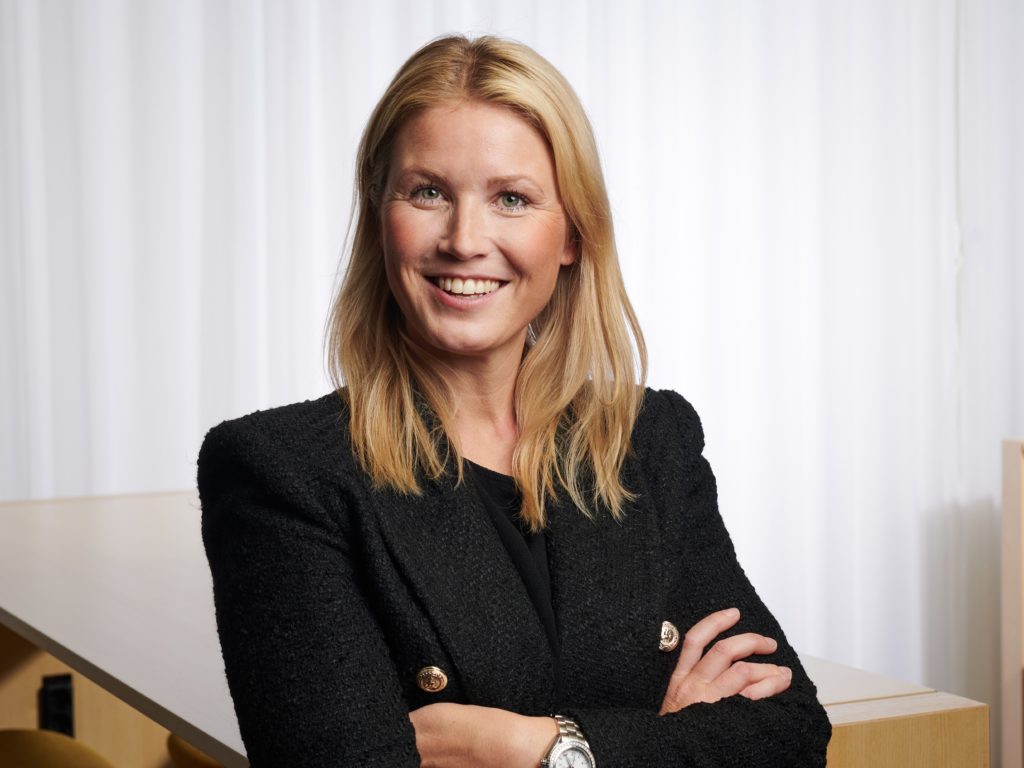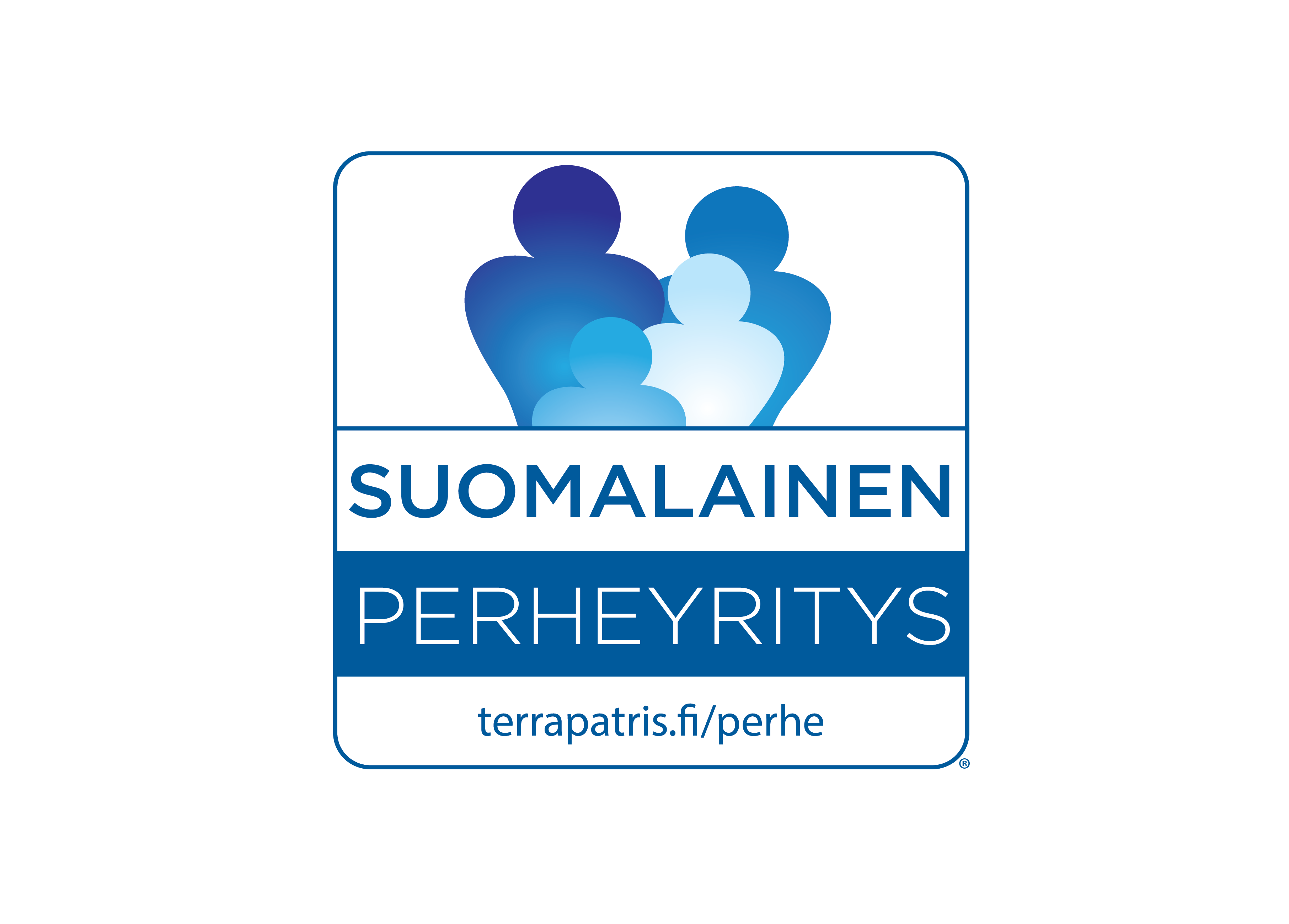
As part of the sustainability program, Terra Patris has implemented a comprehensive carbon footprint calculation for the group and all its subsidiaries. The Greenhouse Gas (GHG) Protocol method was used in the carbon footprint calculation, which is one of the most common calculation standards worldwide.
“Companies’ responsibility requirements are increasing all the time and it is important to constantly develop our operations in that area. With the carbon footprint calculation, we have gained a clear understanding of what concrete development points we have in our environmental work. Although we operate in four different industries, the environmental impacts in all of our subsidiaries is particularly focused on materials, logistics and energy. These are our focus areas for the future, where we can reduce the pollutant load of our operations. Of course, the CSRD directive also guides our responsibility work towards the big law change of 2025, which will legally bind responsibility reporting together with the financial statement process. With that, environmental responsibility and other responsibility work will become even more tightly integrated into our strategy and everyday life,” says Riikka Löfroos, who is in charge of the carbon footprint project.

According to the calculation, the total 2022 carbon footprint of Terra Patris and its subsidiaries (i.e., emissions from business operations) was 16,853 tCO2e. About 65 % of the emissions are attributable to the material consumption of the companies. The second-largest emission source was electricity consumption, followed by logistics.
The Group’s 2022 carbon footprint was about 9 % higher than in 2021, but it correlated with the increased turnover. However, proportioned to the company’s turnover, the specific emissions have dropped by 4 % from the previous year.
Based on the calculation, the Terra Patris Group’s 2022 carbon footprint is equivalent to the annual carbon footprint of 1,636 Finns, and its monetary value in EU emissions trading is almost MEUR 1.55.
Responsibility is also an important part of our subsidiaries’ processes, where the customers require even more responsible and environmentally aware operations. This is already strongly visible in Metalpower’s daily business.
“Our large international customers demand that all material and component suppliers are evaluated by an external party in relation to responsibility issues. This is carried out through an independent entity, i.e. through a company focused on responsibility evaluations. In general, the responsibility requirements consist of four different areas, which are environmental values, working conditions and human rights, company ethics and procurement. A large part of the requirements are met by European and Finnish legislation, but the company’s own policy and plan must be recorded. Even though things are already going well for us as a company, we still need to be able to reduce our carbon footprint in the future,” says Sami Siurua, CEO of Metalpower.

